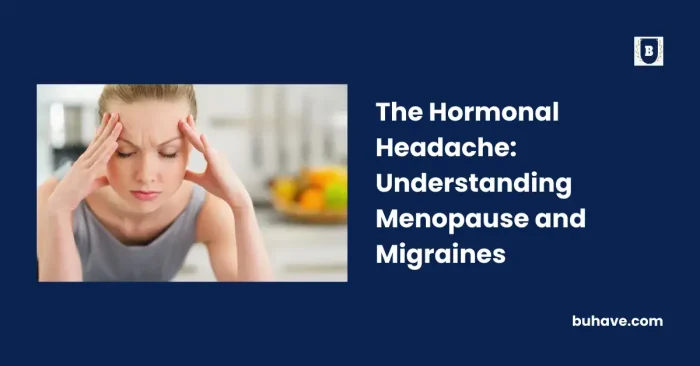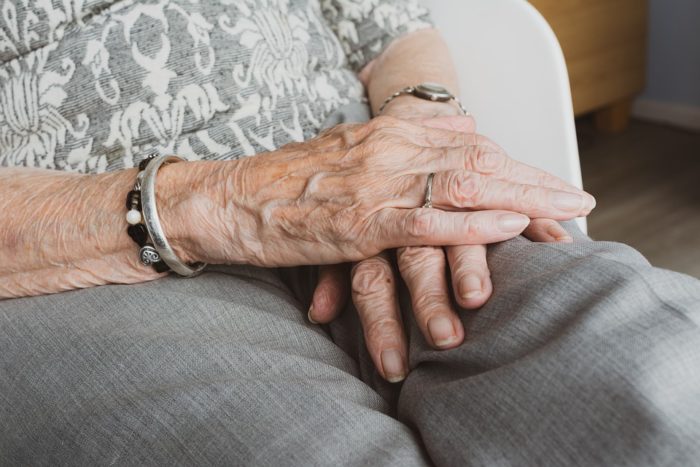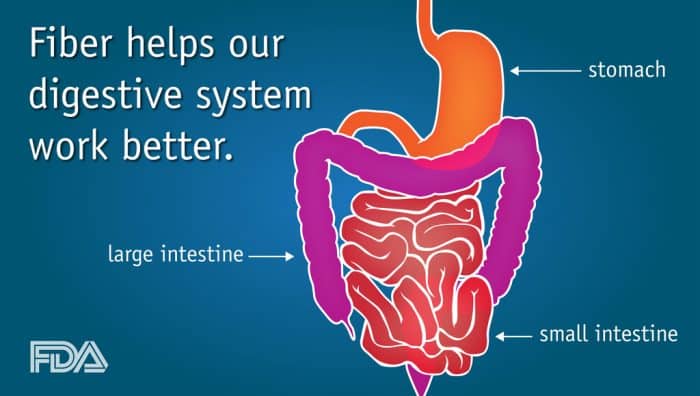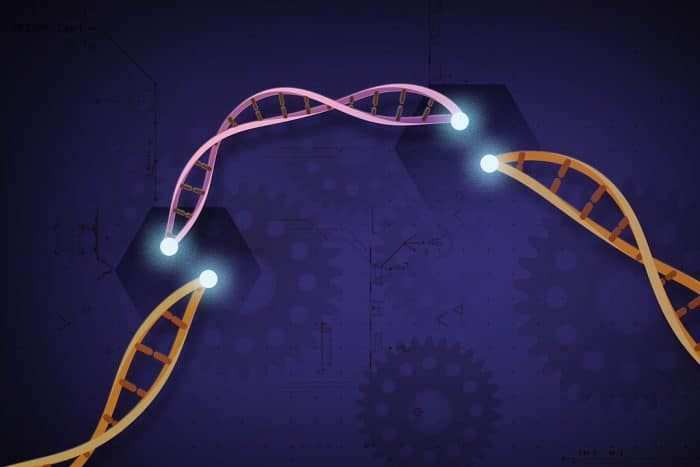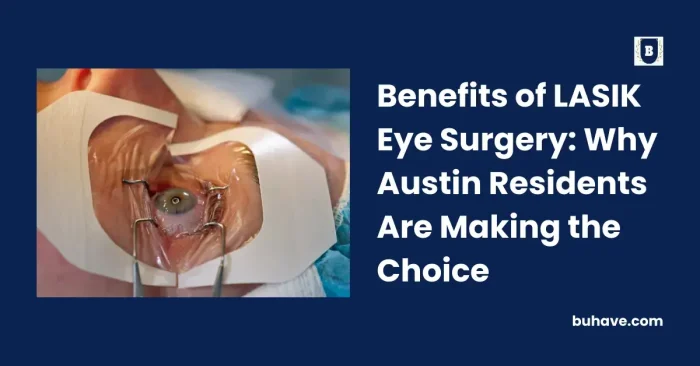Menopause is a unique experience for every woman. And with it comes the potential for all sorts of symptoms, including those that affect your head. But don’t despair! It’s not necessarily what you think!
This article is for women taking their very first steps into menopause as well as for those who’re already in the thick of it. I will teach you how to identify the different types of headaches that can occur during perimenopause and menopause, how to recognize unique warning signs of each kind, what triggers them, and how to deal with them effectively!
Hormonal Havoc: How Menopause Triggers Headaches
Noticing more headaches or migraines lately? You’re not alone. Many women report increased headaches during menopause. These symptoms are caused by hormonal changes making it a common issue for women during this time.
So, what’s going on? Well, during menopause, the women’s bodies go through some changes. The decrease in estrogen and progesterone can cause hot flashes, night sweats, and headaches/migraines. The latter is due to changes in brain chemicals controlling pain. It can also affect the levels of neurotransmitters and brain chemicals that control pain perception, leading to increased headaches and migraines.
But not all women experience headaches or migraines during menopause, but the symptoms can be pretty tough for those who do. And it’s worth mentioning that these menopause-related headaches and migraines can be different from your typical headaches and migraines as they can be more severe and last longer.
It’s totally normal to experience headaches and migraines during menopause. But never let that get in the way of your life! There are ways to manage them, and with the proper treatment and management, you can reduce the frequency and severity of headaches and migraines and improve your quality of life during menopause.
Throbbing Temples and Sensitivity:
Symptoms of Menopause-Related Headaches
Migraines are one of the most common types of headache, with symptoms such as severe, throbbing pain on one side of the head, sensitivity to light and sound, nausea, and vomiting. Another type of headache that women may experience during menopause is tension headaches, which feel like dull aches, similar to tight bands around the head.
If you’re struggling with menopause-related headaches, there are several things to keep in mind. Firstly, these headaches can be more severe and last longer than typical headaches. Secondly, hormonal therapy, including menopause supplements, can be an effective way to reduce the frequency or severity of headaches by balancing out the levels of estrogen and progesterone in your body. Additionally, non-hormonal treatments such as preventative medications, relaxation techniques, and stress management can also help manage the symptoms.
It’s important to note that if you’re experiencing headaches during menopause, you should talk to your healthcare provider about treatment options or advice on managing the pain, including whether a menopause supplement is right for you. With the right support and management, you can alleviate your headaches and enjoy a better quality of life during this transitional phase.
Diagnosis: Differentiating Between Menopause and Other Headache Causes
When it comes to diagnosing menopause-related headaches, a doctor needs to rule out other potential causes. A doctor will typically start by taking a detailed medical history and conducting a physical examination. They may also ask about the specific symptoms you’re experiencing, such as the location and severity of the pain, as well as any other symptoms you may have, such as nausea or sensitivity to light and sound.
To further investigate the cause of your headaches, your doctor may also order diagnostic tests such as imaging studies, such as a CT scan or MRI, to rule out any structural abnormalities or other underlying conditions that could be causing your headaches. They may also conduct blood tests to check for any other medical conditions or hormonal imbalances contributing to your headaches.
If your doctor suspects that your headaches are related to menopause (which can happen if you’re over the age of 45), they may also recommend hormone replacement therapy (HRT) to balance out the levels of estrogen and progesterone in the body. This can help reduce the frequency and severity of headaches.
Menopause can cause headaches, but it’s not the only thing that can trigger them. It’s essential to get an accurate diagnosis from a healthcare provider. If you’re experiencing headaches and have concerns, talk to your doctor to determine the cause and appropriate treatment options.
Takeaway
We hope this guide has helped you understand what a hormonal headache is and how it is related to menopause. As you know, migraines are not one-size-fits-all. It’s important to note that every person with a migraine will experience the symptoms differently. Some people may not experience migraines at all!
When experiencing symptoms, it is important to have a conversation with your healthcare provider. This is especially true if you believe that your headaches may be linked to menopause. By providing as much information about your medical history as possible, your healthcare provider can better assist you in managing your symptoms. One effective way to help manage the symptoms of menopause is by incorporating Neuaura, a daily menopause supplement, into your routine.
– If you are looking for guest posts in health “write for us” now.

